
The AAN position statement author further addressed the opposing position of the Nevada law, the AAN’s position on brain death, and what clinicians need to know in regard to determining it.

Matt Hoffman, Editorial Director for NeurologyLive, has covered medical news for MJH Life Sciences, NeurologyLive’s parent company, since 2017. He executive produces the NeurologyLive Mind Moments® podcast, and hosted the Medical World News show Deep Dive. Follow him on Twitter @byMattHoffman or email him at [email protected]

The AAN position statement author further addressed the opposing position of the Nevada law, the AAN’s position on brain death, and what clinicians need to know in regard to determining it.

The MuSK antibody positive myasthenia gravis treatment met both co-primary end points as well as a number of secondary end points, showing promise despite a small sample size.

The trial of the investigational Duchenne muscular dystrophy treatment is the first clinical protocol selected for the FDA's complex innovative trial design pilot program.

The Chair of the AAN’s Ethics, Law and Humanities Committee spoke to the American Academy of Neurology’s goal to improve the consistency of determining brain death.
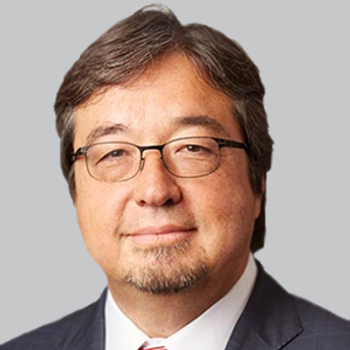
Previous analysis has suggested that an extended dosing regimen can reduce the risk of progressive multifocal leukoencephalopathy for patients with relapsing multiple sclerosis.

If a larger set of samples can be used to test the 3 metabolites identified, the researchers note that they can validate the findings and develop a saliva test for Alzheimer disease.

Previously approved for use in adults with epilepsy in 2018, the band uses pattern detection to pick up on movement and physiological signatures indicating the occurrence of generalized tonic-clonic seizures.
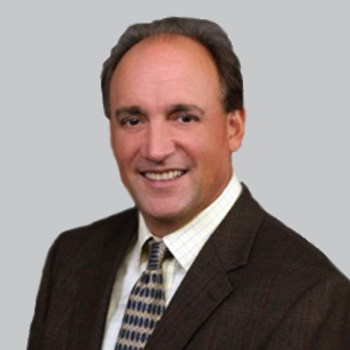
Final approval is expected by June 20, 2020, ahead of the generic erosion following the patent expiration of Biogen’s Tecfidera.

The anti-CD20 antibody showed greater reductions in Expanded Disability Status Scale scores over a decade in patients with SPMS compared to matching controls never treated with it.
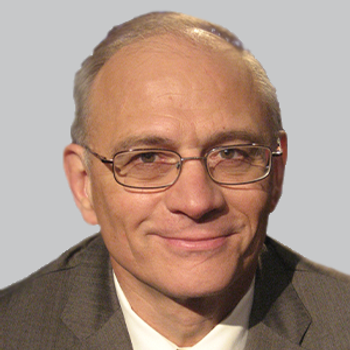
The Clinical Director of the NHGRI spoke about the impact of the NIH program and its future development.
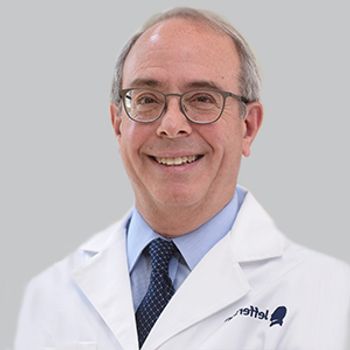
The director of the Jefferson Comprehensive Epilepsy Center and the Jefferson Clinical Neurophysiology Laboratory spoke to the therapy’s success thus far.

The position statement’s author noted that a lack of specificity in laws and inconsistencies in protocols has led to confusion surrounding brain death in several high-profile cases.

The program’s director spoke about its genesis and evolution into a more widespread initiative which has helped improve next-generation genome sequencing.
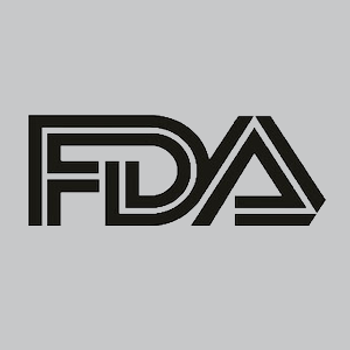
The FDA notice stated that these discontinuations are the result of a business decision by manufacturer GlaxoSmithKline.

The director of the sleep clinic and assistant professor of neurology at Harvard Medical School spoke about the state of pediatric narcolepsy management and diagnosis.
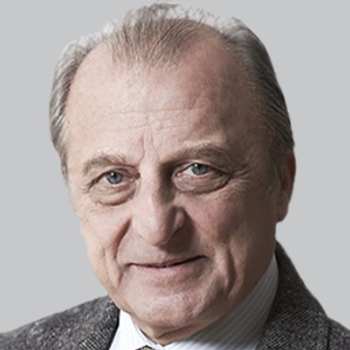
A proof-of-concept trial’s findings have shown that more clinical research into the potential neuroprotective effect of cannabinoids in slowing disease progression in motor neuron disease is warranted.

The associate professor of neurology and the director of clinical trials at the University of Florida’s Center for Movement Disorders and Neurorestoration spoke about what’s being developed in the Parkinson disease pipeline.
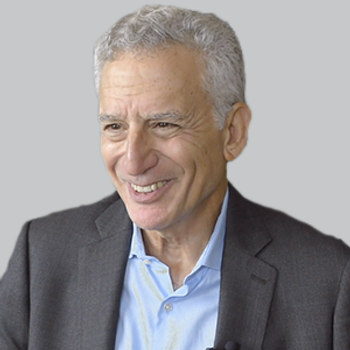
The founding executive director and chief science officer of the Alzheimer’s Drug Discovery Foundation spoke about the exciting therapeutic landscape in Alzheimer and what holes remain.

The associate professor of neurology and the director of clinical trials at the University of Florida’s Center for Movement Disorders and Neurorestoration spoke about addressing the complex relationship between caregivers in treating tardive dyskinesia.

The agency has decided that a major amendment is needed for the therapy’s NDA and has pushed the PDUFA goal date to March 20, 2019.

The founding executive director and chief science officer of the Alzheimer’s Drug Discovery Foundation spoke about the progress made in 2018, and what to look forward to in 2019.

The approval marks the first and only of its kind, with the treatment anticipated to be commercially available by prescription in the US sometime in Q1 of 2019.

A recent review of treatments for pediatric status epilepticus included a critical assessment of non-medicinals which detailed that the evidence for their use is mostly anecdotal.
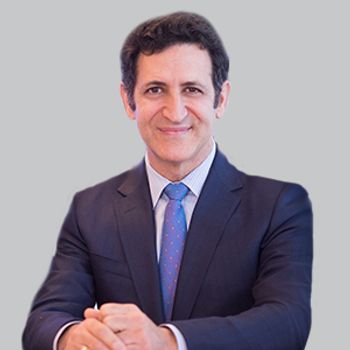
Although the therapy did not achieve significance for the primary end point in the full data set, a pre-specified exploratory analysis implemented in a post-hoc framework did provide evidence of significant benefit for the 20-μg dose.
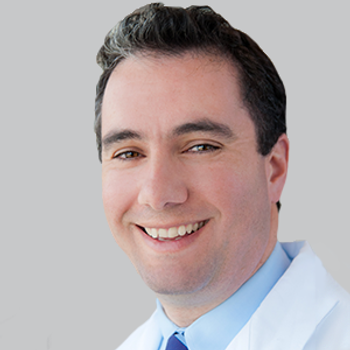
With more than a dozen disease-modifying therapies, some have set their sights on developing an agent designed to promote remyelination.

The chief of the Multiple Sclerosis Division at the Perelman School of Medicine explained how an increase in the number of MS neurologists could improve the state of care.

The trial of the mesenchymal stem cells therapy is expected to commence in early 2019.
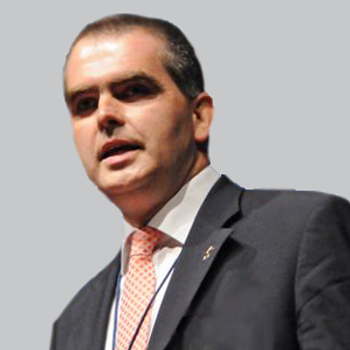
After failing to show motor symptom improvement in patients with Huntington disease in several clinical trials, pridopidine may have hit the end of its developmental road.

Bayer’s pharmacovigilance database showed a similar rate of birth defects and spontaneous abortions in those exposed to IFN-β in comparison with available general population worldwide estimates.

The professor of neurology at the Hospital of the University of Pennsylvania and the chief of the Multiple Sclerosis Division at the Perelman School of Medicine spoke about this strategy and why it came to be.